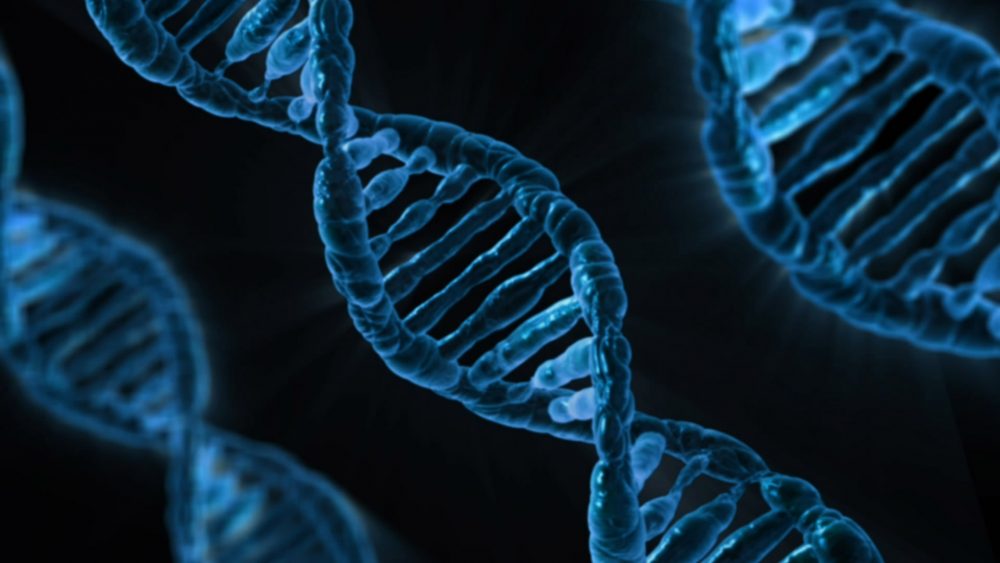DNA, or deoxyribonucleic acid, is a molecule that carries genetic information in living organisms, making each species unique. It determines our physical traits, such as eye color, hair-color, and height, as well as our susceptibility to certain diseases.
DNA plays a crucial role in making us who we are and passing down our genetic information to future generations.
The confidentiality of an individual’s DNA-based biological information is typically considered highly sensitive and not easily obtainable due to the inherent challenges involved in DNA extraction.
However, a recent investigation conducted by researchers from the University of Florida concludes that traces of human existence can be detected in almost every corner of the world, except for isolated islands and remote mountaintops.
Everyday activities like coughing, spitting, shedding skin cells, and even flushing toilets contribute to the widespread presence of our DNA in these locations and numerous others. The study has revealed that human DNA can be readily detected in various environments, including the atmosphere, surfaces such as furniture, and even footprints.
The new technique that can extract valuable information from small samples of genetic material is known as environmental DNA (eDNA).
This significant finding has raised concerns regarding the preservation of privacy.
The revelation that human DNA can be found everywhere implies that anonymity may no longer be guaranteed, potentially leading to the possibility of individuals being tracked wherever they go.
The researchers suggest that this tool has the potential to advance medical and scientific discoveries and could even aid in criminal investigations.
Environmental DNA (eDNA): A Game-Changer in tracking criminals and Medical Breakthroughs
By: | May 21st, 2023

Image courtesy Wikimedia Commons
More articles from Industry Tap...






